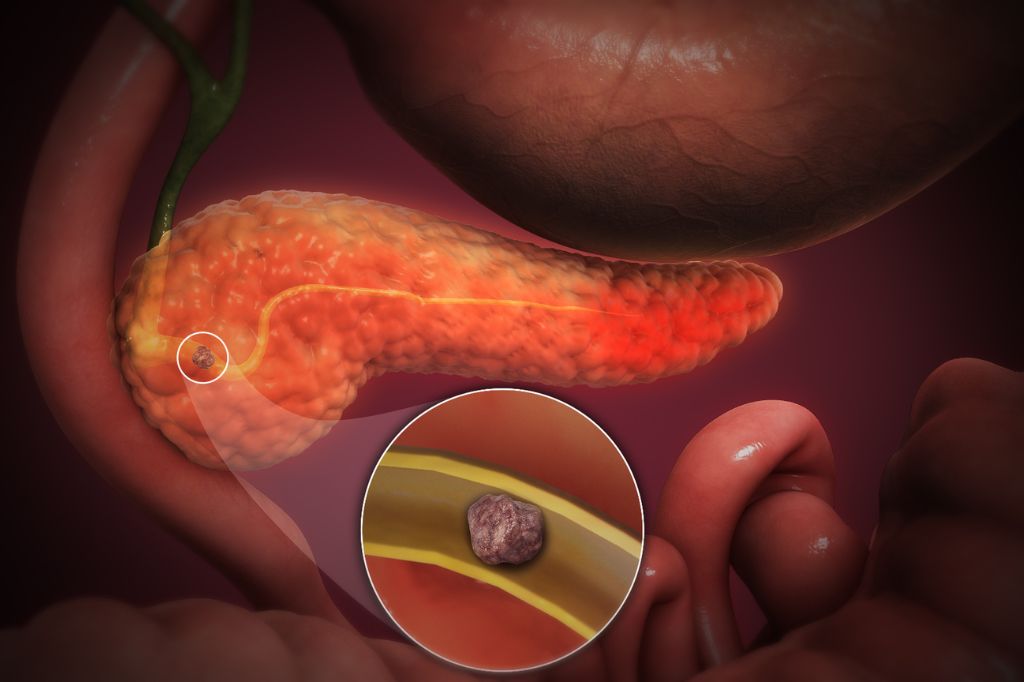Fatty Liver Disease
Fatty liver disease is becoming increasingly prevalent in the modern world. In fact, it’s estimated that up to 25% of adults worldwide have some form of fatty liver disease. However, this condition can lead to more serious health issues. But the promising news is that it can fatty liver disease is reversible. Here’s what you need to know about fatty liver and how to treat it.
What is fatty liver disease?
Fatty liver is also known as hepatic steatosis. It occurs when fat builds up in the liver cells, which can lead to inflammation and even scarring. This can occur due to a variety of factors, such as obesity, poor diet, hepatitis C virus infection, diabetes, or heavy drinking. Luckily, fatty liver disease doesn’t always lead to long-term damage if caught early on and treated properly.
What are the forms of fatty liver disease?
There are two types of fatty liver disease: non-alcoholic fatty liver disease (NAFLD) and alcoholic fatty liver disease (AFLD).
Non-alcoholic fatty liver disease affects people who do not drink alcohol, while the alcoholic fatty liver disease is caused by excessive alcohol consumption. Both types of fatty liver diseases can cause inflammation in the liver and oxidative damage to the tissue.
What are the symptoms of fatty liver disease?
Usually, there are no symptoms of fatty liver disease, and it can go undetected for a long time. However, some potential symptoms can include the following:
- Fatigue
- Loss of appetite
- Weight loss
- Abdominal pain or tenderness in the upper right side of your abdomen
- Nausea and vomiting
- Jaundice (yellowing of the skin and whites of the eyes)
- Dark urine
- Edema (swollen abdomen and legs)
If you experience any of these symptoms for an extended period of time, it’s best to see a doctor right away.
How is the fatty liver disease diagnosed?
Your doctor will most likely do a physical exam and ask you questions about your lifestyle and medical history. In order to make an accurate diagnosis, they may also recommend tests such as a blood test, ultrasound, CT scan, or MRI.
How is the fatty liver disease treated?
Doctors recommend that the best way to treat fatty liver is to adopt a healthy lifestyle. This includes eating a balanced diet, exercising regularly, avoiding alcohol and cigarettes, and managing any underlying medical conditions like diabetes or obesity.
Although there are no medicines available to directly treat fatty liver, your doctor may prescribe medication such as statins to help lower cholesterol levels and prevent more fat from accumulating in the liver.
In some cases, the damage can be reversed with lifestyle changes and proper medical care. If the condition has progressed to a more serious state, your doctor may recommend surgery or other treatments.
What are the dangers of a fatty liver?
Fatty liver disease doesn’t usually cause harm to most individuals. But if left untreated, it can progress to a more serious form known as Non-Alcoholic Steatohepatitis (NASH). This can cause inflammation and scarring of the liver, leading to cirrhosis, liver failure, or even liver cancer.
Additionally, having a fatty liver increases the risk of developing type 2 diabetes, heart attacks, and strokes. and metabolic syndrome.
By taking steps to protect your liver health, you can help reduce your risk of developing fatty liver disease and other serious health complications.
Also read: 9 Foods That Are Good For The Liver
Article Sources
- Fatty Liver Disease. MedlinePlus. https://medlineplus.gov/fattyliverdisease.html
- Fatty Liver Disease: Risk Factors, Symptoms, Types & Prevention. https://my.clevelandclinic.org/health/diseases/15831-fatty-liver-disease
- Non-alcoholic fatty liver disease (NAFLD). NHS inform. https://www.nhsinform.scot/illnesses-and-conditions/stomach-liver-and-gastrointestinal-tract/non-alcoholic-fatty-liver-disease-nafld
- Singh, S., Osna, N. A., & Kharbanda, K. K. (2017). Treatment options for alcoholic and non-alcoholic fatty liver disease: A review. World Journal of Gastroenterology, 23(36), 6549-6570. https://doi.org/10.3748/wjg.v23.i36.6549
- Fatty Liver Article – StatPearls. https://www.statpearls.com/articlelibrary/viewarticle/21645/






